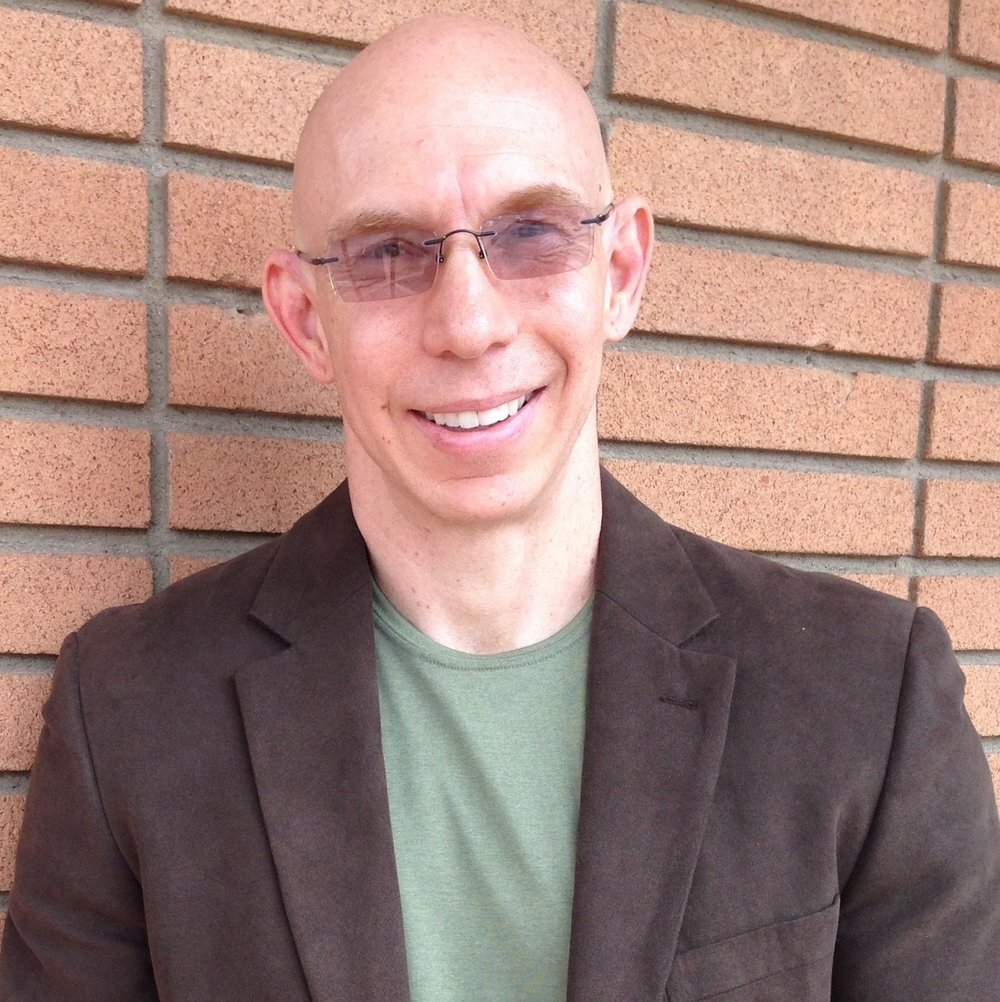Directed by: Maria Schrader
Written by: Rebecca Lenkiewicz
Starring: Carey Mulligan, Zoe Kazan, Patricia Clarkson, Andre Braugher, Samantha Morton, and Jennifer Ehle
Runtime: 128 minutes
‘She Said’ effectively tells a troubling story and historic journalistic event
Megan Twohey and Jodi Kantor.
These women might not be household names for many folks (including this critic), but director Maria Schrader’s historical drama might change all that.
The German filmmaker (“I’m Your Man” (2021)), British thespian Carey Mulligan, and American actress Zoe Kazan recreate Twohey and Kantor’s heroic efforts in writing their explosive Oct. 5, 2017 The New York Times article, “Harvey Weinstein Paid Off Sexual Harassment Accusers for Decades”, a piece that kicked off the viral, worldwide #MeToo Movement.
(If you aren’t familiar with Harvey Weinstein. He was a Hollywood producer, who co-founded Miramax Films, and was found guilty of sexually assaulting countless women. In 2020, a court sentenced him to 23 years in prison.)
“She Said” is (almost entirely) set in 2016 and 2017.
You won’t see Michael Keaton and Glenn Close tussle next to towering printing equipment over a demand to “Stop the Presses,” as depicted in Ron Howard’s “The Paper” (1994). Cell phones and laptops replace landlines and typewriters. Copy and managing editors and reporters stare at computer screens to review stories before a chosen one in the group plays God by pressing down on a wireless mouse and selecting the “Publish” button.
However, the Fourth Estate’s principles are the same in the 20th and 21st centuries, and these two investigative journalists - Megan (Mulligan) and Jodi (Kazan) - listen to their editors, hit the pavement, interview sources, gather facts, get second (and third and fourth…) sources, and cover the other side(s), including reaching out for comments.
“She Said” brings flashbacks of “Spotlight”, the 2016 Best Picture Oscar winner. In both movies, depictions of real-life, high-profile sordid wrongs are uncovered through good old-fashioned journalism. The reporters and editors’ efforts resulted in pieces that rocked the public and shook the foundations of enormous institutions, Hollywood and The Catholic Church, respectively.
In 2022, Harvey Weinstein sits in the Wende Correctional Facility in Alden, N.Y., and Schrader’s picture - based on Twohey and Kantor’s 2019 book – illuminates the ways that the reporters sent him there.
Their road wasn’t easy.
However, Mulligan and Kazan play a determined, dynamic duo as Megan and Jodi. Both journalists are capable veterans but carry Electra-Woman-and-Dyna-Girl vibes when knocking on doors and chasing leads. Both actresses are about the same age, but because of Mulligan’s height (which the movie calls out) and Megan’s toughened exterior - due to covering troubling stories of Donald Trump’s accusers in 2016 – Twohey seems a bit more senior here. Megan’s internal disgust rises to the surface more frequently than Jodi’s because she has already heard victimized women declare their upsetting tales far too often.
However, Megan and Jodi share altruistic chemistry, and their bosses – Rebecca Corbett (Patricia Clarkson) and Dean Baquet (Andre Braugher) - offer constant heaps of support and guidance along the way. Both Clarkson and Braugher bring executive gravitas to the picture. Their collective presence allows the audience and the on-screen reporters to feel encouragement at home base. The support is needed because the journalists encounter doors shutting in their faces. Actresses, Miramax executives, and former Harvey assistants universally state “no comment” or “I can’t go on the record.”
The picture’s primary beat revolves around seemingly insurmountable roadblocks to print Harvey’s transgressions and cash payoffs. The Twohey-Kantor team plays sleuths to chisel cracks into these figurative barriers, ones forged through contractional holds or flat-out fear.
At one point, when a witness is asked “Were you scared of him?”, she responds, “Yes, we all were.”
The film’s primary setback is pacing. It doesn’t help that Megan and Jodi’s paths are literally pedestrian, and some big moments occur through iPhones that don’t always “translate” well on the big screen. Still, the ladies swiftly shift – back and forth - from strategy sessions at the office to secluded late-night meetings in sparsely populated restaurants, and car rides and sidewalk strides across New York City and a surprising, far-away locale.
Their workaholic routines are only interrupted by several stops into the women’s personal lives. They have husbands and children, but are their spouses supportive of their careers? Schrader and screenwriter Rebecca Lenkiewicz devote 20 or 30 (or possibly more) minutes of the 128-minute runtime to answer this question. The film deliberately explores life at home, an aspect that most working moms would appreciate.
(Most moviegoers will also welcome Schrader’s choices when addressing Weinstein’s limited on-screen appearances.)
“She Said” is a thorough recounting of a historic journalistic event. Still, the most elevated and emotional moments are key scenes when Harvey’s survivors speak in traumatic, itemized detail about their ordeals. In the noted cases, the women were awfully young – in their early 20s – when the aforementioned villain struck.
One woman says, “He took my voice when I was about to start finding it.”
“She Said” offers an opportunity to listen.
Jeff’s ranking
3/4 stars















